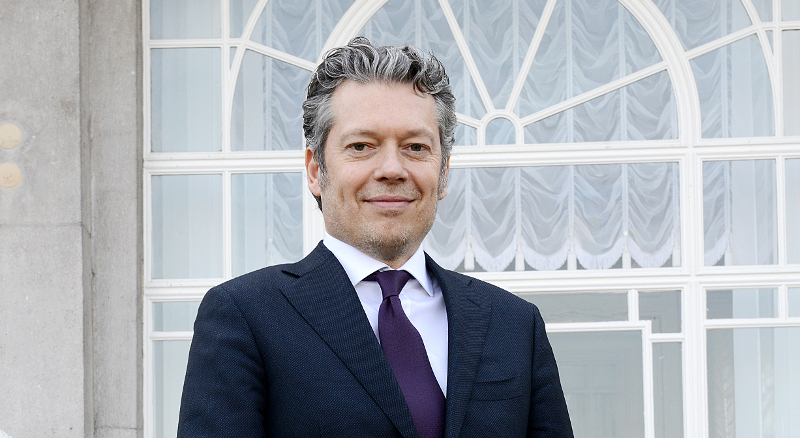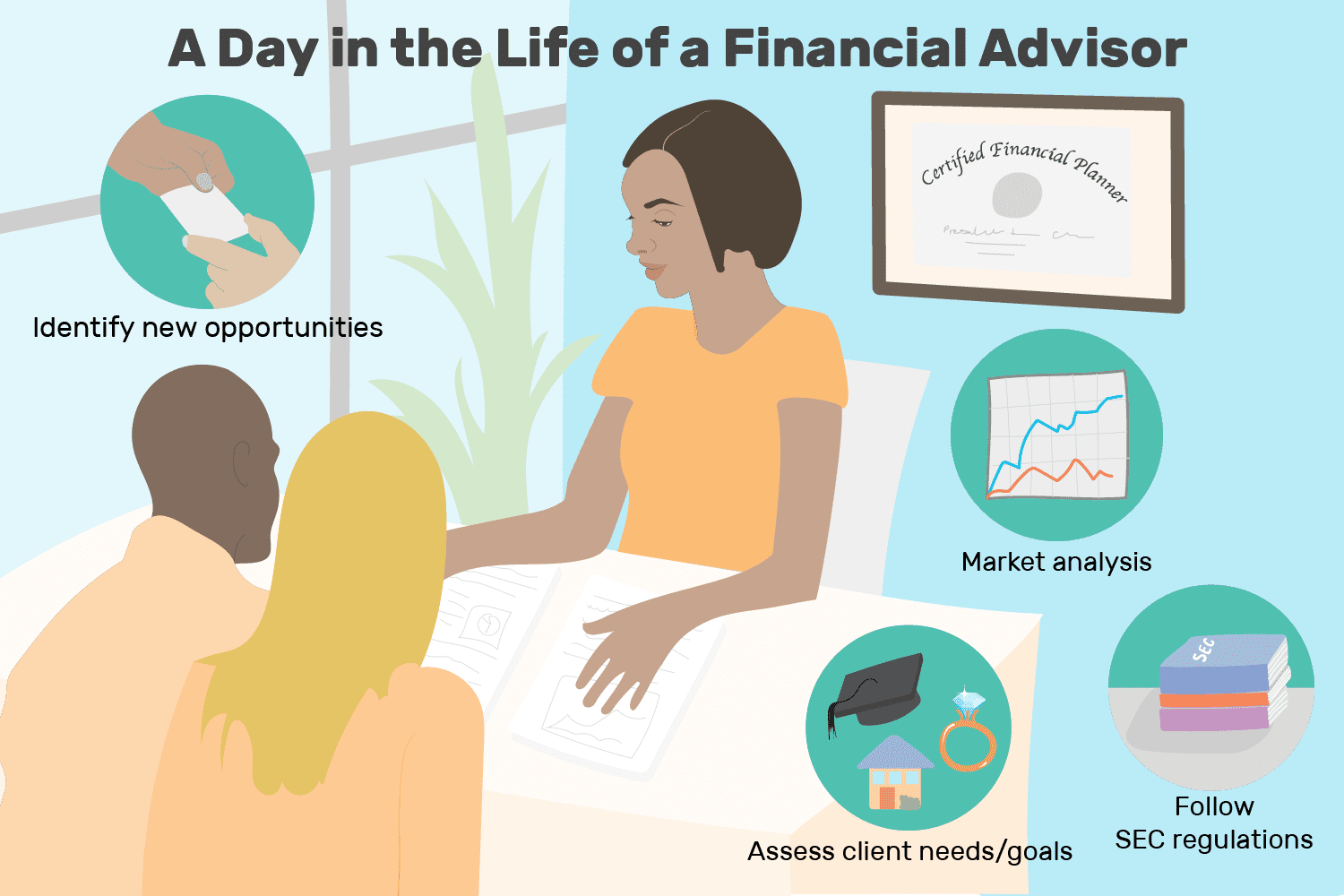
You've found the right place if you are interested in McKinsey. You can find information on the application process, the interview preparation, and how to apply for the Summer program. If you're a post-doc, MD student, or PhD, you'll find more information about the program and how to apply.
Recruiting process
McKinsey's hiring process is one the most rigorous in the corporate world. Over 200K people apply. The process is designed to narrow down the pool of qualified candidates. The acceptance rate is 1% which makes it one of the most competitive corporate jobs. The application screening and McKinsey Problem-Solving Test are just two of the stages. Management Consulted has guides that can be used to prepare you for the test.
There are several steps involved in the process of recruiting. These vary depending on whether you are an undergraduate or graduate candidate. While both types of candidates will experience the same recruitment process, there is one thing that is different about each stage. The first step is to choose the office where you would like to work.

Interview process
The McKinsey advanced degree interview involves four parts. The first part of the process involves a two-hour interview and is centered around a case study and a personal experience question. The second round will include a case study and an advanced problem solving test.
After you've filled out the application, you'll need to submit it. Be sure to update your resume with relevant work experience. The earlier you submit your application, the better. Double-checking everything before submitting is a smart idea.
Requirements
McKinsey & Company has a variety of consulting positions, including associates and business analysts. Each of these positions require expertise in a certain industry to help organizations succeed. An advanced degree in a relevant area is required to apply.
McKinsey seeks out candidates who have unique problem-solving skills as well as intellectual horsepower. A PhD, JD or MD is usually a well-qualified candidate. The company values intellectual curiosity, knowledge in specific industries, as well as leadership skills. Although a PhD may not be required to become a consultant, it can give them an advantage in the eyes of clients.

Summer program
If you are currently a graduate or undergraduate student in any advanced degree program, consider applying for a McKinsey internship. This program allows you to work with the McKinsey team to help clients solve problems. Associates and analysts are available for students. Any student from North America can apply for the program.
The program is highly competitive, but it will give you a leg up when applying for a full-time position. The majority of cases offer a guarantee for a first round interview for full-time positions after you have completed the program. Apply by March 11, 2022.
FAQ
Who hires consultants
Many businesses hire consultants to assist them with their projects. These include small businesses, large corporations, government agencies, non-profits, education institutions, and universities.
Some consultants work directly for these organisations, while others freelance. The hiring process for both cases varies depending upon the project's size and complexity.
Many rounds of interviews are required when hiring consultants. Then, the final decision will be made about who you believe is best for the job.
Can anyone become a consultant
A consultant is someone who assists you in achieving your goals by offering advice and suggestions on how to achieve it faster, cheaper, and so forth.
Consulting can be a great way to solve problems, make informed decisions, and work with others.
For specific tasks or projects, consultants are often hired.
In reality, consultants are generally paid hourly or daily rates and not per project.
Consulting is it a job?
Consulting is more than a job that allows you to quickly make money.
Consulting can offer many career opportunities, such as project management and business development. There are many projects you could be involved in, from small start-ups all the way up to large-scale multinational corporations.
Consulting allows you to learn and improve your skills while also gaining experience in many industries. This could involve learning to manage and negotiate teams, write proposals or manage budgets.
Can I get a degree as a consultant?
Studying a subject deeply and then applying your knowledge is the best way for you to become an expert.
So if you want to learn how to become a great consultant, start studying now!
A degree without relevant experience may make it difficult for you to be hired. If you can show that your education is comparable to the job applicants, you may still be eligible for employment.
Employers will always search for candidates with real-world experience.
What is a consultant anyway?
Consultants provide services for others. It's not a job title. A consultant is a role that helps others achieve their goals. By helping people understand their options and helping to make the right decisions, you do this.
Consultants can help you solve problems or overcome challenges when working on projects. They can provide guidance and advice on how to implement the solutions.
Consulting should be able address questions related to law, finance and technology.
What industries use consultants
There are many types and styles of consultants. Many consultants specialize in a particular type of business. Others may be more focused on multiple types.
While some consultants only work for private companies, others represent large corporations.
Many consultants also work internationally to assist companies from all corners of the globe.
Statistics
- According to IBISWorld, revenues in the consulting industry will exceed $261 billion in 2020. (nerdwallet.com)
- According to statistics from the ONS, the UK has around 300,000 consultants, of which around 63,000 professionals work as management consultants. (consultancy.uk)
- Over 50% of consultants get their first consulting client through a referral from their network. (consultingsuccess.com)
- My 10 years of experience and 6-step program have helped over 20 clients boost their sales by an average of 33% in 6 months. (consultingsuccess.com)
- Over 62% of consultants were dissatisfied with their former jobs before starting their consulting business. (consultingsuccess.com)
External Links
How To
How do I find a good Consultant?
Understanding your needs is the first step to finding the right consultant. Do you want them helping you improve your website's performance or not? Do you need them to optimize your site so that it ranks higher in search engines' results? Or perhaps you just want someone who can tell if there are any issues with your current hosting provider. After you have decided what services you need, it is time to start looking at potential companies. Many consultants claim to be able to provide these services. However, only a handful of them actually deliver on their promises. How do you select the right consultant for your project? Here are some things that you need to keep in mind when selecting a consultant.
-
Get recommendations. Referring to other consultants is the best way of choosing a consultant. Because you are likely to pay too much, you shouldn't hire someone who you have never heard of. You don't want to work alongside someone whose reputation hasn't been established. If you are lucky enough to be referred by people you trust, that's awesome! You might also be able to find reviews online even if there are no referrals. Find testimonials and case study examples from customers who have used your product.
-
Ask around. Many people don't realize that consulting could be beneficial for them. People believe they don't have to make any changes because they are currently doing well. This is often false. Even if you're getting great results right now, chances are that you haven't been keeping up with new trends or technologies. And if you're relying on outdated methods, you'll miss out on opportunities to grow your business. It's always worth asking for referrals to find good consultants.
-
Be sure to check their credentials. You need to verify their qualifications when you are searching for a consultant. You must ensure they have the necessary skills and qualifications to carry out the tasks.
-
Find out the type of projects they specialize. It is a common misconception that everyone can manage everything. Some areas require specialized training and education. A developer who is a specialist in Drupal would not be able to help you build a WordPress theme. Graphic design and programming languages are all subject to the same rules. Be sure to ask what kinds of projects they typically work on.
-
Find out what their charges are. As we said, you don't want to pay too much for a consultant. You also don't want too much. There are many types of consultants. Some charge hourly rates while others bill per project. You will save money if you know exactly what you're going to pay upfront.
-
Learn what they offer. Do they offer free consultations? Do they offer advice on setting up your system? Do they promise that your site will rank higher once you have worked with them? You have the right to cancel at any time if you aren't satisfied with what was said during your consultation.
-
Finally, find out if they offer discounts for multiple months or years. Many consultants offer discounts for longer periods. It is not necessary to commit to an entire year. However, you could still benefit from any deals offered by the consultants.